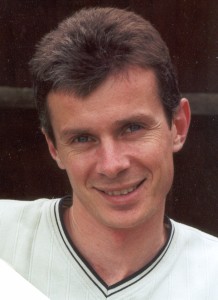
Igor Dubus is an environmental fate and modelling specialist in the Water Division at BRGM. He specialises in the development and evaluation of risk assessment approaches at various scales for assessing the risk of pesticides impacting on surface water and groundwater resources. He is also the founder and current manager of the PFMODELS website and discussion list aimed at stimulating exchanges within the pesticide fate modelling community. In the last four years, Igor Dubus has authored or co-authored 15 papers in peer-reviewed journals, 25 conference papers and 15 research reports on risk assessment procedures for pesticides.
Professional web page: here
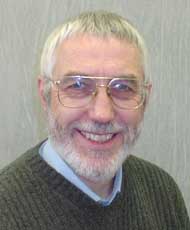
John Hollis is a Principal Research Scientist within the Soil Systems Group of NSRI with specialist knowledge of global soil classification and spatial variability, soil hydrology and pollutant transport and the environmental fate of pesticides. He has developed and applied models for the prediction of soil water regimes, soil physical and soil hydrological properties, and their effects on catchment runoff and was the principal NSRI scientist responsible for the development of the HOST system that groups soils according to their hydrological response. For the last 15 years John has been involved in the development of GIS-based decision support tools for all aspects of pesticide environmental risk assessment. This involves the linkage of models with environmental databases and his particular interest is the derivation and application of environmental databases for scenario definition at local, national and European scales.
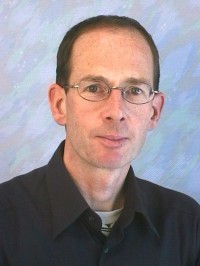
Martin Bach is a Senior Research Scientist at the University of Giessen and has over 15 years experience in the analysis and modelling of pesticide and nutrient fluxes at regional and national scales. In the course of the various research projects he has gained a comprehensive overview regarding the national and international activities and current developments in research in the field of water pollution by pesticides. In the last six years, Martin Bach has authored or co-authored more than 10 papers in peer-reviewed journals and more than 20 other publications on the subject of pesticide losses to surface water and related topics.
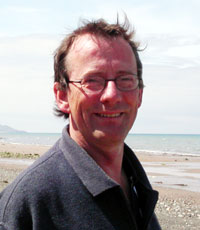
Nick Jarvis is Professor of Environmental Physics in the Soil Sciences department at the Swedish University of Agricultural Sciences. He has 20 years research experience on the transport of agricultural contaminants in soils, especially pesticides, and also has expert knowledge on the effects of preferential flow on leaching. He has extensive experience of the development and use of leaching models for pesticide risk assessment for both surface water and groundwater. He is the developer of the MACRO model for pesticide leaching and drainage and was a member of the FOCUS EU working group charged with the task of defining surface water scenarios for EU harmonised registration. He has published 55 papers in peer-reviewed journals, 35 conference papers and numerous reports.
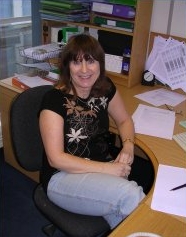
Kathy Lewis is a reader in agri-environmental science and head of the Agriculture and Environment Research Unit at the University of Hertfordshire. She has significant experience in agricultural risk assessments, particularly with respect to the use of pesticides and the use of remediation and abatement technologies to control perceived risks. She is a member of the pest management committee of the Society of the Chemical Industry (SCI) for which she has organised several conferences and workshops. Kathy has over 20 years experience of software development.
Professional web page: here
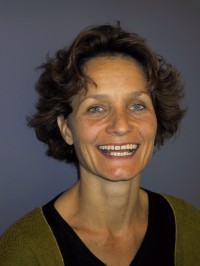
Jeanne Kjær is a research specialist at GEUS in Denmark in the field of groundwater contamination of pesticides. Her particular expertise includes monitoring design, hydrology and various aspects of the leaching processes of pesticides. She also has previous experience on the large scale modelling of hydrology and nitrogen dynamics in agricultural catchments. As head of a research programme on pesticide monitoring, she has four years of experience as manager of a large integrated research programme involving a multidisciplinary team of around 25 professionals working with field monitoring, pesticide modelling and laboratory fate studies. In recent years, Jeanne Kjær has authored/co-authored 15 contributions to national and international conferences/workshops, 3 educational courses and 7 scientific papers/reports.
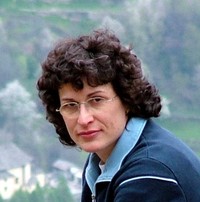
Giovanna Azimonti is a senior scientist in ICPS in the field of environmental fate and behaviour of pesticides. She was involved in establishing the projects EUPHIDS and SuSAP and is presently collaborating in the FP6 HAIR project. Giovanna Azimonti is involved in the evaluation of the suitability of the FOCUS groundwater and surface water scenarios for the Italian territory, identifying the most relevant scenarios for Italy, on behalf of the Italian Ministry for the Environment.
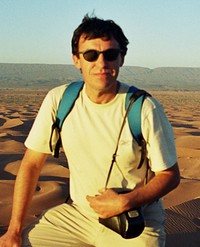
Enrique Barriuso is a senior scientist at INRA specialised on environment fate of pesticides. He specialises in physico-chemical and chemical processes responsible for pesticide sorption/desorption and the formation of bound residues. He was a member of the COST 66 initiative (pesticides) and he now participates in COST 629 activities. Enrique Barriuso is head of a Soil Science team with a staff of 30 with complementary competencies on physics, chemistry, microbiology and hydrology, and also soil cartography, GIS and remote sensing. This allows a global approach to the pesticide cycle in soils and integration of spatial risk assessment with complementary experiences in field and laboratory.
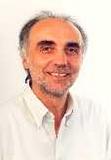
Giovanni Bidoglio is the Head of the Soil and Waste Unit at JRC. He has more than 15 years of experience in experimental and modelling research on impacts induced by land-use on pollutant release and transport from point and diffuse sources. He is responsible for interfacing research activities of the IES Unit Soil and Waste with DG ENV policy on soil and water protection. He has strong experience in monitoring and modelling the fate of organic pollutants at various scales. Giovanni is a member of the Editorial Board of Journal of Hydrology. He has authored or co-authored over 30 peer-reviewed publications.

Fabrice Dupros is interested in high-performance and scientific computing in the Virtual Reality and Computing Department at BRGM. He graduated from the University of Houston ( Msc Applied Mathematics ) and worked on numerical and parallel algorithms for air quality at the Texas Learning and Computation Center. Fabrice Dupros joined BRGM in 2003 and was first involved in the parallellisation of earthquake simulation codes. Since 2005 Fabrice Dupros works on the deployment of grid computing facilities inside the BRGM ( French Project IGGI ). This infrastructure will be able to provide a framework for large scale simulations using commodity-based components, specially for parametric simulation.
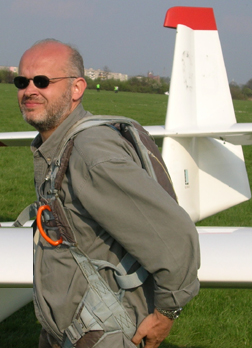
Wieslaw Fialkiewicz is a research scientist at the Agricultural University of Wroclaw, with experience in modelling of geological structures and groundwater flow, estimation of aquifer parameters and transport of contaminants from local sources at regional scale. During his post-doctoral position (2002-2004), he focused on the modelling of groundwater flow and transport of pesticides at the local and regional scales. His primary scientific interest was the evaluation and validation of mathematical models coupling the water flow influenced by evaporation, transpiration by plants and infiltration through the soil zone with the different physico-chemical (dispersion, sorption) and biological (biodegradation) mechanisms influencing the transport of pesticides.
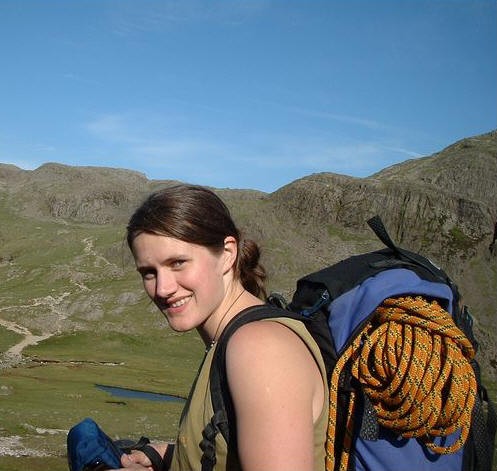
Hayley Fowler is a senior research scientist at the Water Resource Systems Research Laboratory in Newcastle. Hayley's research has concentrated on the impacts of climate change and variability upon water resources, the development of sophisticated weather-driven stochastic rainfall models, observed climatic variability and the analysis of rainfall extremes for both current and future climates in relation to both flooding and severe drought events. In the last four years, she has published 10 journal papers, 14 conference papers and 3 research reports on climate variability and change in the European region. She is presently involved in several UK Research Council funded projects and principal investigator on the EC FP6 AquaTerra project, specialising in the production of climate change scenarios and impact methodologies.
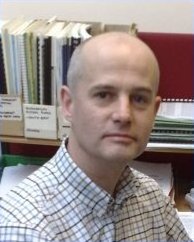
Andy Green is a Senior Researcher in the Agriculture & Environment Research Unit (AERU) at the University of Hertfordshire, specialising in the non-point source issues relating to the contamination of surface waters. He also has considerable experience in the development of IT based technology transfer tools, and the management of on-line data resources.
Professional web page: here
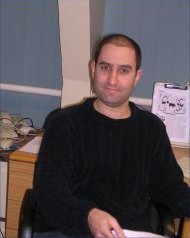
John has been a member of AERU staff since 1995, during which time he has been involved in numerous projects related to agriculture, the environment and sustainability. John has been leading the development of the FOOT-FS tool.
Professional web page: here
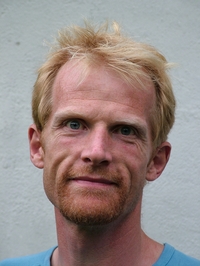
Anker Højberg is a scientist at the department of hydrology at GEUS specialised in hydrogeological modelling at local- and large-scales. His focus areas are integrated hydrological modelling, quality assurance and uncertainty assessments of numerical models and reactive transport of pesticide in the groundwater. Anker Højberg is currently the project leader of a national groundwater modelling project, supervises the counties in Denmark on modelling aspects and acts as external reviewer for a large number of hydrological modelling projects. In recent years Anker Højberg has authored or co-authored 4 papers in peer-reviewed journals, 8 conference papers and 5 scientific papers/ reports.
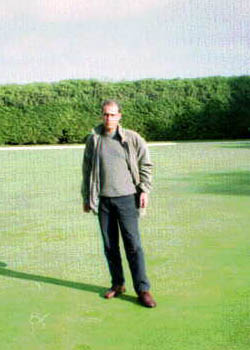
Ireneusz Kajewski is a research scientist at the Agricultural University of Wroclaw, with 20 years of experience in the field of water/soil environment problems. His expertise include field investigations of GW hydrology, physical properties of soils as well as modelling of GW/soil problems, assessment of GW susceptibility to pollution from diffuse sources including pesticides. In 1996-2001, he was the leader of the AUW team in the Polish-German Joint Project, funded by German Federal Environmental Agency on quantitative assessment of waters pollution by nitrates in the Odra River basin. Ireneusz is familiar with regional analyses of GW infiltration-discharge relations (WETSPASS methodology) as well as in organising, manipulating and modelling spatially distributed data in ArcView.
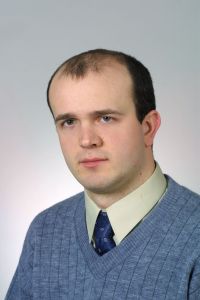
Sylwester Krasnicki is a hydrogeologist, who is just finishing his PhD thesis describing infiltration and transport of selected ions through vadose zone in the Sudety Mts (SW Poland). His scientific interests are groundwater recharge in mountainous regions, water-soil interactions in the vadose zone and mass balance in soil profiles. One of the problems investigated in his research was migration and fate of inorganic nitrate compounds brought by rainwater into vadose zone, depending on such environmental conditions like type of rock, precipitation, annual temperature, presence of snow cover and rainwater chemistry.
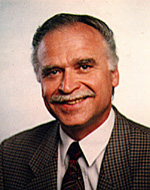
Professor Franc Lobnik is head of the Center for Soil and Environmental Science in Ljubljana and has 38 years of research experience on soil mapping, pollution of soils by organic and inorganic contaminants, especially heavy metals. He was vice-chairman of COST 66 action, and principal investigator of the COST66 project: Fate of pesticides in the soil and environment. Professor Lobnik is president of the Council for Environmental Protection of the Republic of Slovenia, former member of the Steering Committee of the EUROSOIL Bureau, member of the EU Soil Advisory Forum, and member of the scientific Committee of the European Environmental Agency.
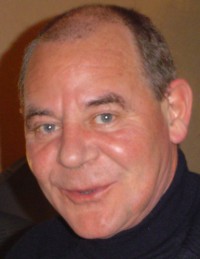
Benoit Réal is a senior scientist responsible within ARVALIS-Institut du Végétal for all aspects related to diffuse agricultural pollution (pesticides and nitrate). As such, he is in charge of overseeing a range of field experiments across France aimed at elucidating pathways for pesticide transfer across the agricultural landscape. Benoit Réal has been a major contributor to the establishment of the CORPEN diagnostic methodology, which is widely used in France to characterise and reduce the risk of pesticide transfers to groundwater and surface waters. He was the initiator of the development of a range of GIS-based expert systems integrating decision rules based on the CORPEN approach, which are used to characterise contamination pathways at the catchment scale.
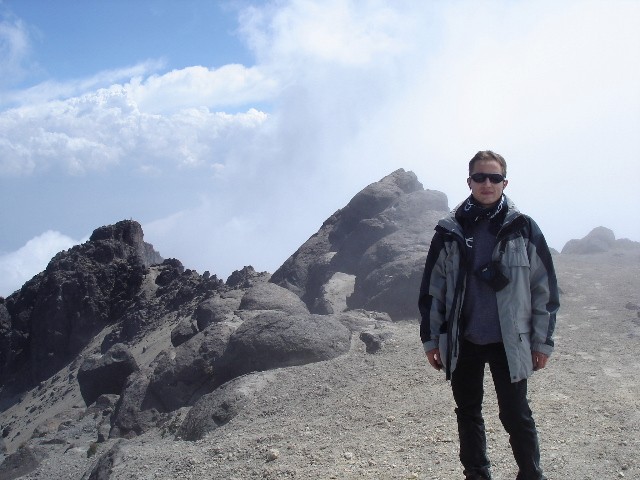
Stefan Reichenberger is an environmental scientist within the University of Giessen with more than four years experience in pesticide fate modelling. He has recently completed his PhD thesis, in which he developed a risk assessment approach for pesticide inputs into surface waters via drainflow and surface runoff.
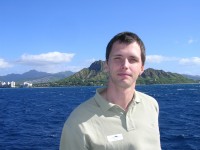
Fredrik Stenemo is a research scientist at SLU in Sweden. His research has focused over the last few years on i) the modelling of pesticide fate and transport in the unsaturated and saturated zone development, ii) the development of a simple simulation tool based on MACRO 5 and iii) the development of the user interface and tools for the simulation model MACRO. He has also developed a meta-model of the pesticide fate model MACRO.
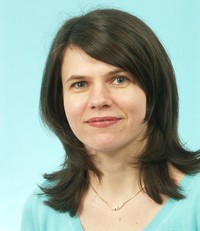
Metka Suhadolc is a teaching assistant of soil science at University of Ljubljana. She has more than 10 years of research experience evaluating the fate of pesticides in the environment by using different approaches: microcosm soil columns, field experiments and pesticide monitoring at the catchment scale. In the last few years she investigated effects of changed environmental parameters on microbial communities and consequently on the pesticide degradation as well as bound residues formation, volatilisation, mobility and leaching.
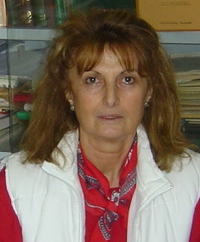
Evangelia Vavoulidou-Theodorou from NAGREF has an extensive experience in soil survey mapping and has been involved in making digital maps in various regions in Greece. In addition she has more than 20 years of experience in soil biology and she is the only Greek specialist in earthworms activity. She has significant experience in field and laboratory activities, including ecotoxicological tests (especially with regard to the impact of pesticides on earthworms).